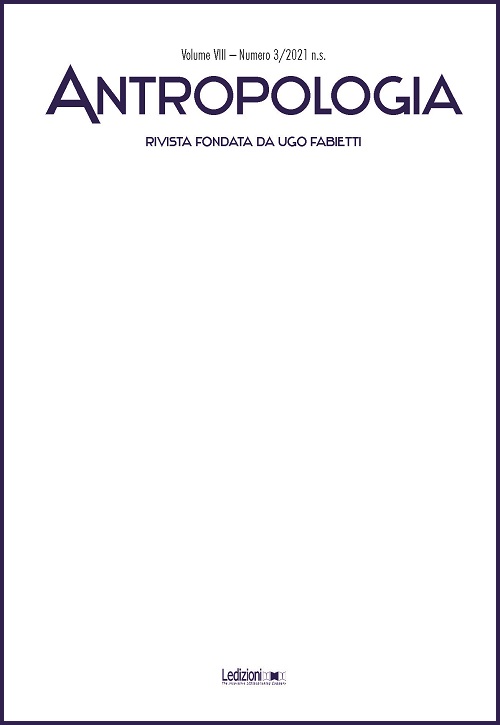The local history of the migration-development nexus: policies, actors and experiences in the post-dictatorship Gambia
DOI:
https://doi.org/10.14672/ada20211832139-170Keywords:
anthropology, migration, development, Gambia, differential temporalities, politicsAbstract
By the end of 2020, at the urging of the European Union, and through the mediation of the World Organization for Migration (IOM), Gambia launched its first National Migration Policy (NMP) proposing a twofold interpretation of the migration-development nexus. On the one hand, the NMP advocates the systemic involvement of the Gambian diaspora in the country's socio-economic growth, valuing migration as a tool for socio-economic change. On the other, it promotes an idea of development as an engine of settledness that can stem "irregular" migration. The article argues that any initiative promoted under the NMP is bound to encounter the everydayness of local, historically rooted and rapidly evolving declinations of the migration-development nexus. These declinations appreciably diverge from the security agenda promised by the European Union in sub-Saharan Africa. The case-study of Kerewan, a rural community with a well-established diasporic history, engaged in local forms of governing geographic mobility in the service of a collective socio-economic development agenda, helps to understand both the multi-scalar dimension and differential temporalities of the migration-development nexus: the rapid opening in the circulation of funds tied to migration management that occurred in Gambia with the end of the Yahya Jammeh regime in 2017 contrasts with the slow temporality of the ongoing process of adaptation, local appropriation, and socialization of development and migration in which Kerewan, like other Gambian communities, is engaged.
Downloads
Published
Issue
Section
License

This work is licensed under a Creative Commons Attribution 4.0 International License.
Authors maintain the copyright of their original work and grant the Journal the right to first publication, licensed after 36 months under a Creative Commons Licence – Attribution, which allows others to share the work by indicating the authorship and first publication in this journal.
Authors may agree to other non-exclusive licence agreements for the distribution of versions of their published work (for example in institutional archives or monographs) under the condition that they indicate that their work was first published in this journal.



